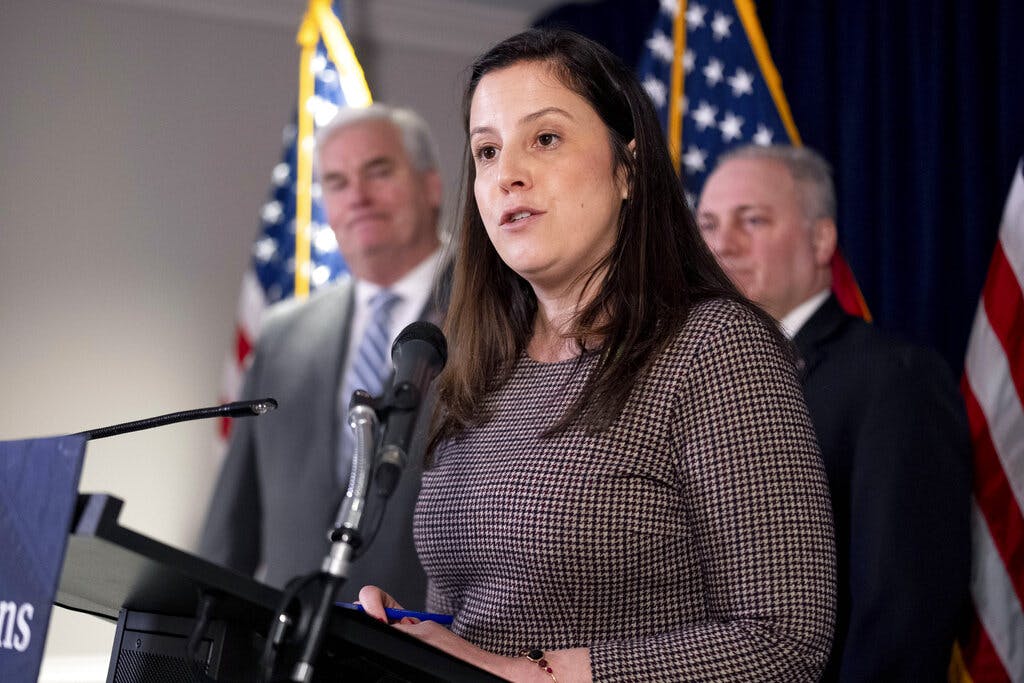
Could the Supreme Court’s Tariff Decision Be Applied to the Fed?
By THE NEW YORK SUN
|Curbs could be placed on China, Russia, Iran, and North Korea, via a bill pressed by Stefanik.

Already have a subscription? Sign in to continue reading

By THE NEW YORK SUN
|
By GEORGE WILLIS
|
By CARL ROLLYSON
|$0.01/day for 60 days
Cancel anytime
By continuing you agree to our Privacy Policy and Terms of Service.